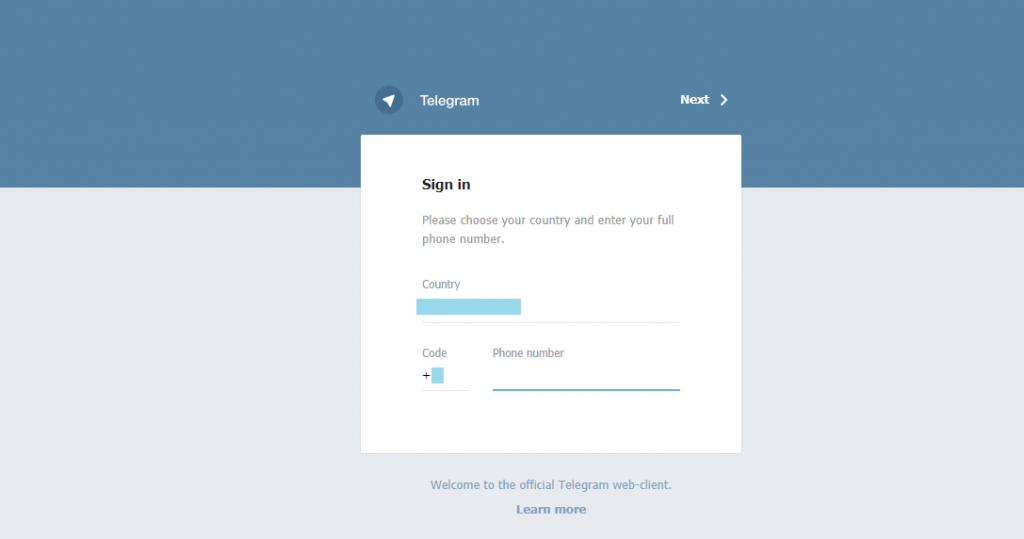


These views provided “justification for that increase of military and police power of the Russian state… for that fluid and constant pressure to extend the limits of Russian police power which together the natural and instinctive urges of Russian rulers.” Sounds awfully familiar. Conversely, the Soviets believed there were “great possibilities for advancement of the… cause, particularly if the USSR remain militarily powerful, ideologically monolithic and faithful to its… brilliant leadership.” The expansion of NATO to its borders fuels that sense of being surrounded. government to understand that “at the bottom of the Kremlin’s neurotic view of world affairs a traditional and instinctive Russian sense of insecurity,” and a fear of “antagonistic ‘capitalist encirclement’” The country has suffered a history of repeated invasions.

The Soviets felt that “no opportunity must be missed to reduce the strength and influence of capitalist powers,” a position reflected more recently in Putin’s military aid to Syrian president Bashar al-Assad and Russian cyber attacks and efforts to undermine western elections. The Soviet government, Kennan noted, was prone to making exaggerated statements about how any “intervention” against them would be “disastrous to those who undertook it,” a tone reminiscent of Putin’s comments to the effect that the west would face “consequences you have never seen” for interfering with its “special operation” in Ukraine. and EU countries to come together, as they have, in the face of Russia’s invasion of Ukraine. According to Kennan, the Soviets believed the “capitalist world beset with internal conflicts, inherent in the nature of capitalist society.” Just a few weeks ago, Vladimir Putin seems to have bought his own propaganda and dramatically underestimated the willingness of the U.S.


 0 kommentar(er)
0 kommentar(er)
